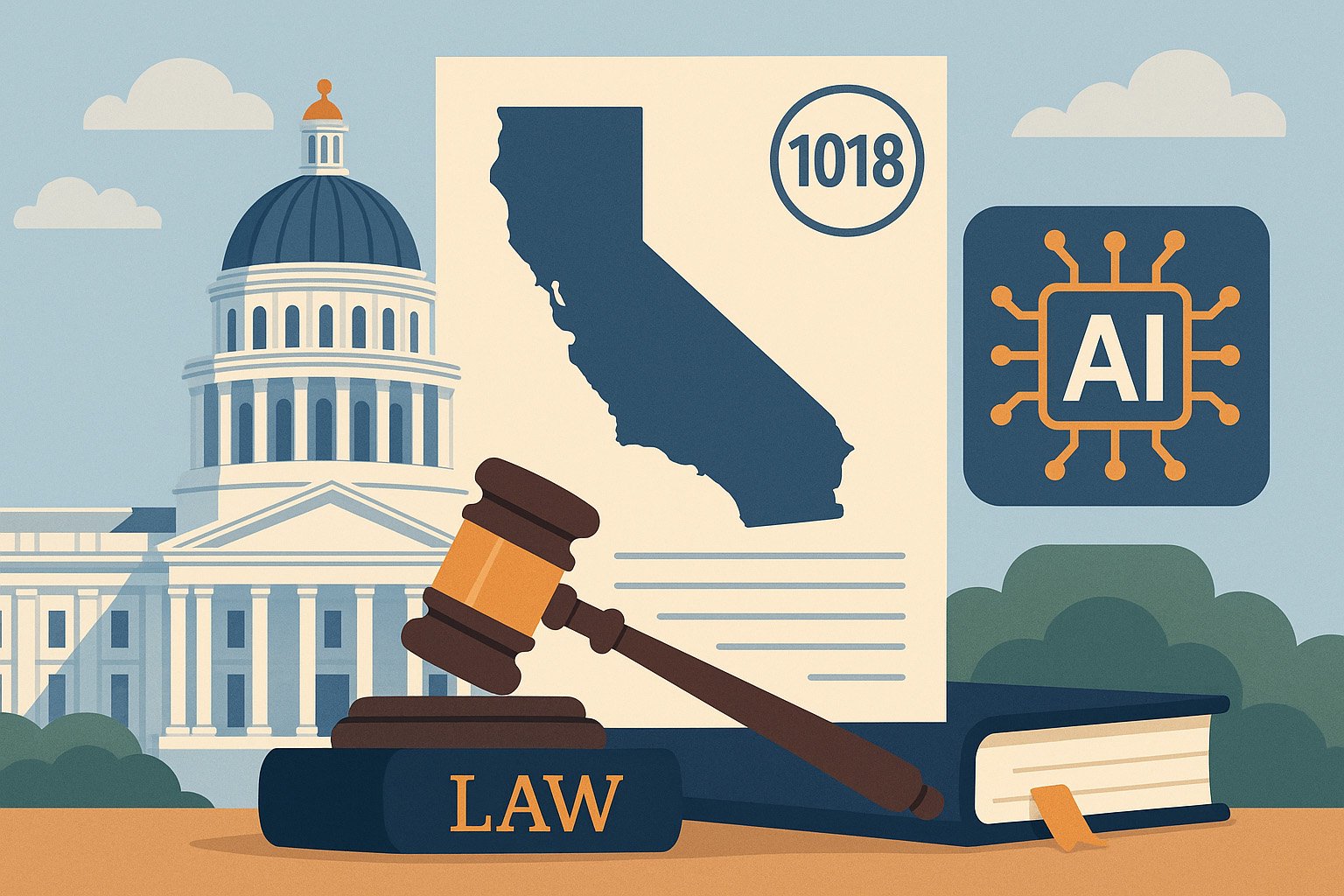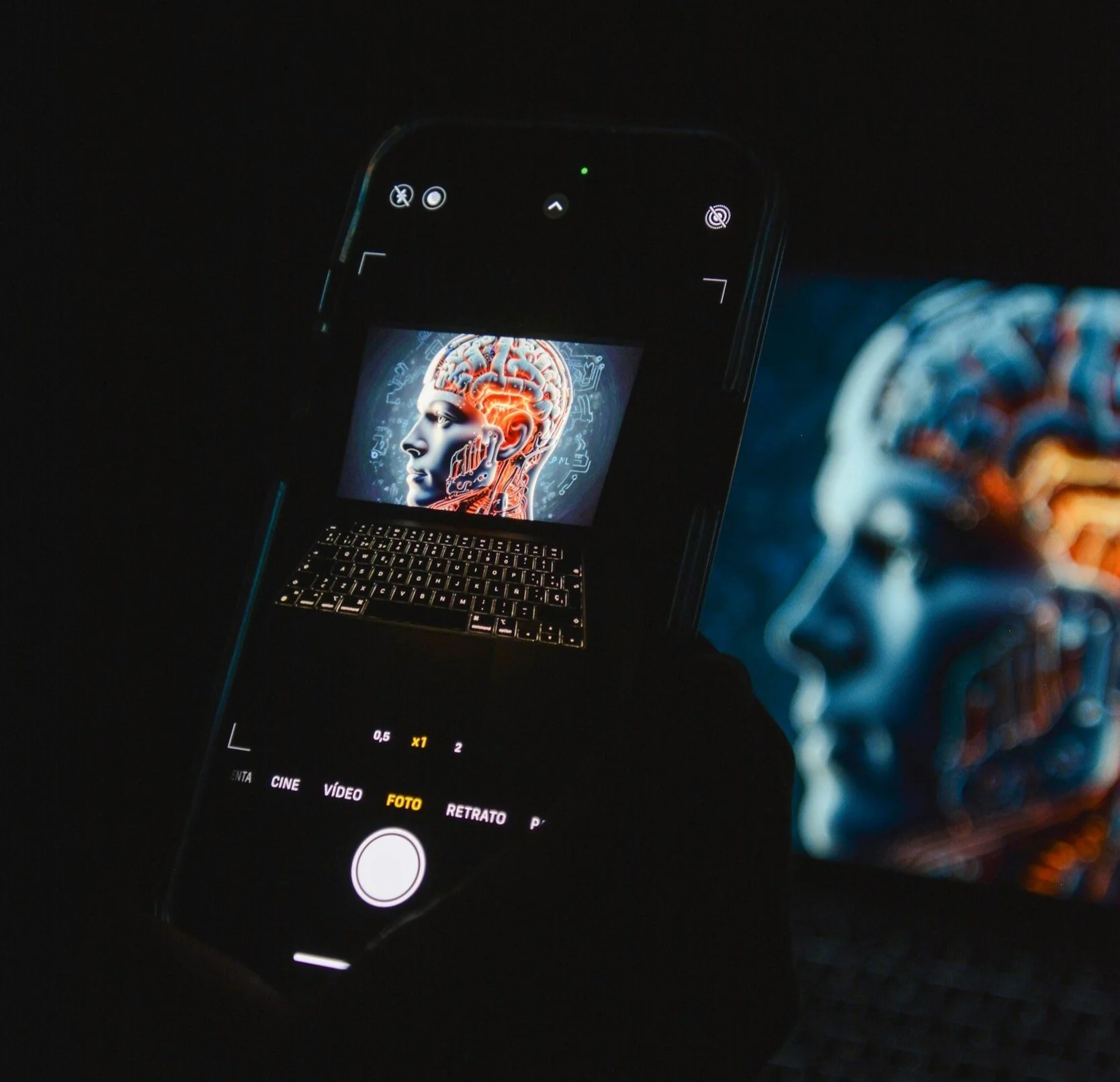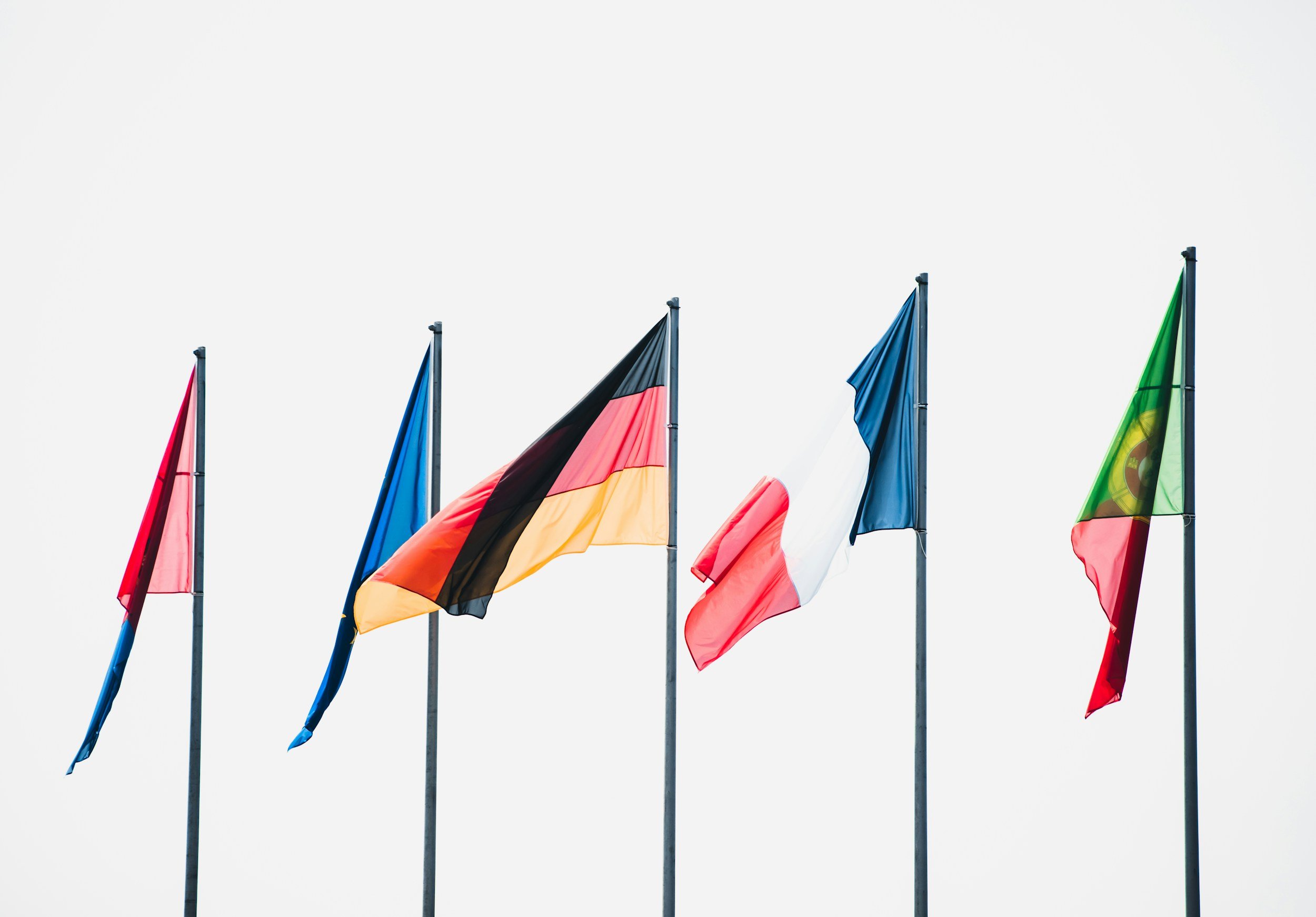U.S. Congress Passes Take It Down Act to Combat AI-Generated Deepfakes and Revenge Porn
On April 28, 2025, Congress passed the Take It Down Act with overwhelming bipartisan support. This new law addresses the spread of non-consensual intimate imagery, including AI-generated deepfakes, by mandating swift removal and criminalizing such acts. The legislation marks a federal push to regulate online content but raises free speech and enforcement concerns.
Trump Administration Expands AI Use in Government and Schools with New Directives
The Trump administration has unveiled major AI initiatives, including appointing Chief AI Officers across federal agencies and launching AI literacy programs in K-12 schools. Aimed at boosting innovation and global competitiveness, the policies mark a significant shift from the previous administration’s risk-focused approach.
California Proposes AB 1018 to Regulate AI in Jobs, Healthcare and Essential Services
California has introduced Assembly Bill 1018 to regulate AI-powered decision systems across sectors like employment, healthcare, and housing. The bill proposes strict requirements for transparency, fairness, and accountability, including audits, user notifications, and opt-out options. If passed, it could set a new standard for AI governance in the U.S.
Whistleblower Claims Meta Briefed China on AI, Sparking U.S. Security Concerns
A former Meta executive has accused the company of briefing Chinese officials on AI under “Project Aldrin,” raising alarms about national security and tech ethics. Her testimony before a Senate subcommittee reignited scrutiny of Meta’s global practices, open-source AI policies, and alleged censorship deals with China.
Global AI Guidelines: How the US, EU, and China Are Shaping the Future of AI Governance
Governments and organizations worldwide are racing to define ethical AI standards. From the EU’s strict AI Act to China’s content labeling rules and the U.S.’s deregulation shift under Trump, this report explores how different regions are addressing AI risks, transparency, and innovation through mandatory laws and voluntary frameworks.
UK Publishers Call on Prime Minister to Defend Intellectual Property at AI Summit
As the UK prepares for a major AI summit, publishers are pressing Prime Minister Rishi Sunak to defend intellectual property rights. The industry warns against unlicensed AI training on copyrighted works, citing economic impact and the need for legal clarity in a fast-evolving tech landscape.
Brennan Center Urges AI Safeguards to Protect U.S. Democracy Post-2024 Election
In its latest report, the Brennan Center for Justice highlights how generative AI shaped the 2024 elections and offers a bold roadmap to protect democracy in the AI era. With federal AI policy in flux, the report urges states to lead efforts in ensuring transparency, accountability, and electoral integrity.
Iran Deploys AI and Drones to Enforce Hijab Laws, UN Report States
A UN report highlights Iran’s use of AI and surveillance to enforce hijab laws, citing human rights violations. Meanwhile, Hong Kong incentivizes citizen reporting of public housing misuse with cash rewards. Both systems shift enforcement from state authorities to the public, sparking debates on efficiency versus social cohesion.
Spain Proposes AI Law with €35M Fines for Unlabelled Deepfakes, Aligning with EU Regulations
Spain has introduced a draft AI law imposing fines up to €35M for unlabeled deepfakes, reinforcing transparency and aligning with the EU AI Act. The legislation targets manipulative AI tactics and biometric assessments while granting exceptions for national security. A newly formed AI agency, AESIA, will oversee enforcement, ensuring Spain remains a leader in AI governance within the European Union.
Trump vs. Biden: The Battle Over U.S. AI Governance
On October 30, 2023, former President Joe Biden signed Executive Order 14110 to regulate AI's rapid growth. The order set mandates for federal agencies, pushing for safe, innovative, and competitive AI development. While lauded by some as a step toward responsible governance, critics decried it as a roadblock to progress. This in-depth analysis explores its impact, reception, and ultimate fate.
U.S. Copyright Office Issues Guidance on AI-Generated Works
The U.S. Copyright Office has ruled that AI-generated works require human authorship for copyright protection, setting a low creativity threshold. This landmark guidance, shaped by over 10,000 public comments, signals a case-by-case approach, leaving artists and tech innovators to navigate a complex legal landscape ahead.
Grok AI Analysis: A Chance for HKD-USD Peg Delinking After Hong Kong’s Foreign Adversary Listing
In a major policy shift, President Trump has classified Hong Kong as a "foreign adversary" alongside China, escalating financial tensions. AI-driven analysis by Grok 3 predicts a 15% chance of the HKD-USD peg breaking in the next decade. As Hong Kong braces for potential U.S. sanctions, its financial stability and future as a global hub hang in the balance.
New Study Highlights Public Concerns Over AI Ethics on Twitter
A recent study in Humanities and Social Sciences Communications explores AI ethics on Twitter from 2015-2022, revealing a public push for stronger legal oversight. With advanced analytics, it uncovers key trends and calls for ethical AI development.
Rule of AI vs. Rule by AI: Will AI Serve Humanity or Enable State Control?
AI is redefining governance, but will it serve the people or the state? This report explores the contrast between AI as a tool for fairness and public good (Rule of AI) versus AI as a mechanism for control and surveillance (Rule by AI). As AI-driven decision-making spreads across governance, law enforcement, and society, understanding its ethical and political implications is crucial for shaping our digital future.
The Global AI Battle: Why the West Is Targeting China’s AI Industry
As global concerns over AI security intensify, China’s AI sector faces heightened scrutiny over data privacy, surveillance, and geopolitical influence. While Beijing defends its AI governance, nations worldwide are tightening regulations, restricting Chinese firms, and investing in domestic AI development. Amid restrictions, China is forging AI partnerships in Africa and Southeast Asia to expand its global influence.
Paris AI Summit: US and UK Decline to Sign Global AI Declaration
At the Paris AI Action Summit, the US and UK refused to sign a global AI governance declaration, citing concerns over excessive regulation and national security risks. While 60 nations backed the agreement, French President Emmanuel Macron stressed the need for international cooperation to ensure fair and inclusive AI development.
DeepSeek AI Banned in Multiple Countries Over Data Privacy & Security Concerns
Several countries, including the U.S., Italy, Australia, and India, have banned or restricted DeepSeek AI due to serious concerns over data privacy, national security, and content censorship. Investigations by regulatory bodies across the EU are also underway. Learn why governments are cracking down on this Chinese AI application.
U.S. Probes Singapore's Role in Nvidia Chip Sales to China Amid Export Control Concerns
The U.S. government is investigating whether Singapore played a role in facilitating Nvidia chip transfers to China, potentially undermining export restrictions aimed at limiting China’s AI development. Despite these controls, Chinese firms continue to make progress, raising questions about the effectiveness of current regulations and the future of global AI leadership. Experts and industry leaders weigh in on the evolving situation.
EU Blocks Chinese AI App DeepSeek Over GDPR Compliance Concerns
The European Union has blocked the AI-powered chatbot DeepSeek over concerns about GDPR violations. The decision highlights the EU’s strict stance on data privacy, even for AI apps without a physical presence in the region. This report examines GDPR's territorial scope, DeepSeek’s defense, and the broader implications for AI developers worldwide.
Italy Bans DeepSeek AI: First Nation to Block China’s AI Over Privacy Issues
Italy has taken decisive action against DeepSeek AI, banning the app over data privacy violations under GDPR. With France and Ireland launching investigations, the EU may take broader action. This report explores Italy's AI policy, the AI Act, and how regulatory measures could shape AI development in Europe.


























